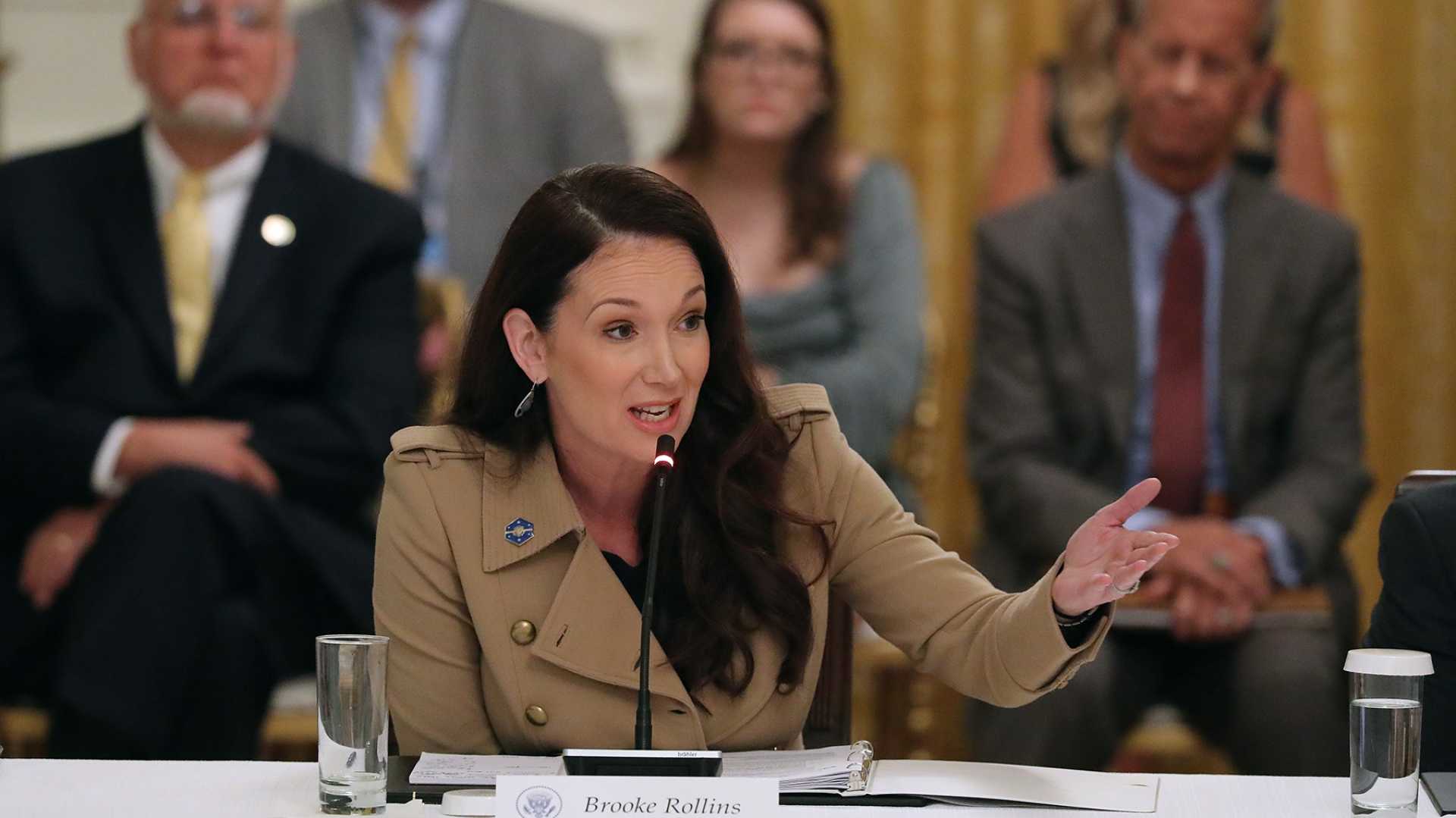News
Agriculture Secretary Outlines Plans Amid Immigration and Pesticide Challenges

WASHINGTON, D.C. — U.S. Agriculture Secretary Brooke Rollins recently testified during a Senate Agriculture, Nutrition, and Forestry Committee hearing. Rollins discussed several pressing issues, notably the impact of immigration policies and pesticide use on the nation’s food system.
As the United States enters the second half of 2025, investigations by Investigate Midwest have intensified, focusing on how the Trump administration’s policies are reshaping agriculture. One of the key developments is the confirmation hearing of Rollins, where she dismissed concerns about potential disruptions to the food system due to mass deportations as “hypothetical.” This stance has drawn criticism amid rising tensions in agricultural communities.
With recent immigration raids targeting farms and meatpacking plants, many are concerned about the future of immigrant labor, which is crucial to the agricultural sector. A recent investigation by Investigate Midwest highlighted how immigrant workers are vital to maintaining the community’s status as a leading meat-processing region.
Additionally, Rollins and other experts have expressed alarm over proposed funding cuts to the U.S. Department of Agriculture, with one former employee stating, “It’s really crippling the agency.” These cuts come at a time when agricultural communities are already under pressure from various fronts.
Furthermore, there is increasing scrutiny over pesticide use practices, with Robert F. Kennedy Jr., Trump’s nominee for Health and Human Services Secretary, advocating for reduced pesticide reliance. Critics of pesticides, linking them to health issues, await the outcomes of these proposed changes.
Investigate Midwest plans to publish a comprehensive assessment of Rollins’ first five months in office, exploring her influence on the nation’s agricultural policies during this critical period. This effort is part of a larger commitment to provide in-depth coverage on the effects of immigration policies and health concerns related to industrial agriculture.












